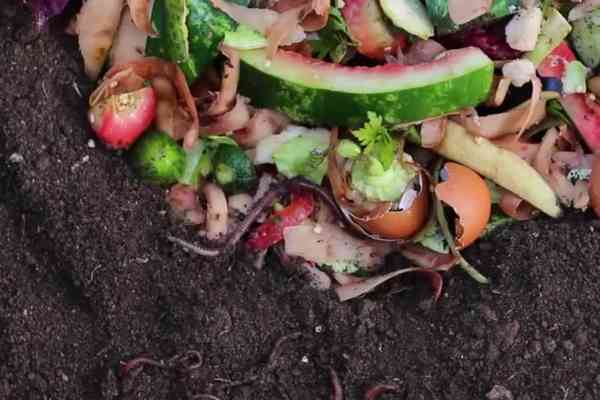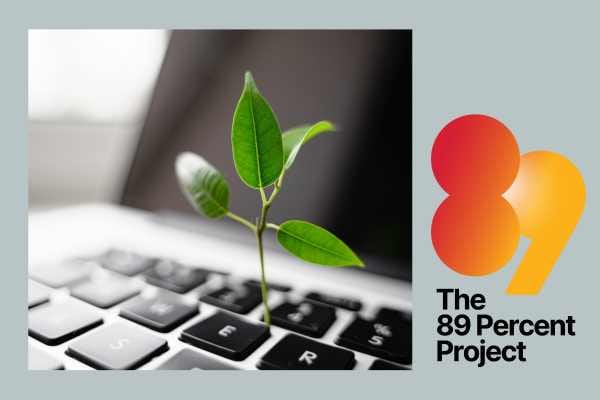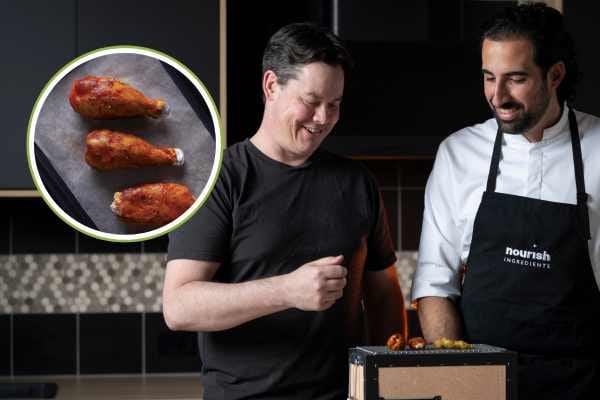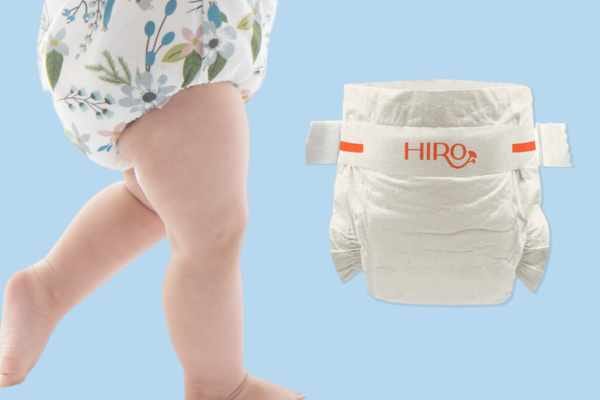From food waste to soil saviour
Dehydration technology is turning discarded food and green waste into nutritious farm fertiliser.

Dehydration technology is turning discarded food and green waste into nutritious farm fertiliser.
Food waste has a new destination. Instead of being dumped in landfill, it is being transformed into a nutrient-rich organic fertiliser that can improve soil quality.
Retailers, food manufacturers and residential apartment blocks are among those embracing the new technology, which processes collected food waste onsite – and is also faster than traditional composting.
A self-serve SoilFood and Waste Dehydration System developed by Australian business, Eco Guardians, is currently being trialled by the Melbourne City Council. The council has installed the dehydrators within inner-city apartment blocks as part of a 12-month trial to cut the quantity of food waste sent to landfill.
The UN Environment Programme has estimated that a staggering 8 to 10 per cent of global greenhouse gas emissions are caused by food waste. In addition, landfill levies are rising, driving many to explore financially viable alternatives.
Many organisations are looking for a circular economy solution to food waste, says Eco Guardians chief executive, Helen Steel. “One of the great benefits of our product is that we reduce the food waste onsite at source and we can reuse the output from that.”
Beyond the Melbourne trial, the SoilFood dehydration system is being deployed to other residential blocks where organic waste from residents is shredded, heated, dehydrated and deodorised.
“It makes sense given the number of residents living in high rise apartments where they don’t have FOGO bin collection,” says Steel.
Other companies in Australia and New Zealand using SoilFood systems include the Four Pillars distillery and Woolworths where the dehydrator is processing everything from leftover food to gin botanicals. The Melbourne Cricket Ground (MCG) also runs a unit to process grass clippings and food waste from events into SoilFood which is then used on the nearby Yarra Park gardens.
"One of the great benefits of our product is that we reduce the food waste onsite at source and we can reuse the output."

Steel says Eco Guardians was established over a decade ago to develop solutions to tackle waste.
At the heart of the company’s strategy is a mission to reduce food going to landfill, which in developed nations is estimated to be about 40 per cent of all that is produced.
The SoilFood system can process green waste, food waste, animal byproducts and compostable packaging. It also generates condensed water that can be harvested and reused as grey water.
This process takes as little as nine hours, and Eco Guardians says the resulting SoilFood fertiliser can improve the quality of soil by supplying nutrients essential for healthy plant grown, while reducing the need for synthetic fertilisers. In addition to cutting methane emissions associated with the breakdown of organic material in landfill, carbon is sequestered back to soil.
Working with soil scientists, the company says it has been able to demonstrate its ability to improve soil health and promote safe, vigorous plant growth by improving the soil biology.
With growing concerns over the global supply of fertiliser, Steel says a longer term objective for Eco Guardians is to distribute fertiliser at scale to both boost soil quality and create a more circular system for food producers.
While some industrial and residential food waste is being diverted to food digesters to make biogas, redeploying it to make fertiliser has the added benefit of solving the pressing issue of soil quality, she adds.
To this end the company is now developing a facility to refine and distribute the SoilFood fertiliser on a larger scale, assisted by funding provided by Sustainability Victoria.
This, Steel says, will give Eco Guardians the capacity to accept feedstock from its customer base and then balance its nutrient profile to create a highly consistent organic fertiliser that will be commercially available to purchase.
“We’re targeting to have built the first plant by the fourth quarter of this year and then we can take the SoilFood fertiliser to market.”
The tech
The SoilFood system uses mechanical action, crushing, shredding and heating the food waste to up to 100-102 degrees, and reducing it over a period of about eight hours into particles like coffee grains. This controlled dehydration process is carried out inside the food waste recycling machine, deodorising it and reducing the moisture content with the resulting condensate sterile and safe to discharge without further treatment for use in grey-water applications. The resulting dry biomass is 10 to 15 per cent of the original volume of the waste, and rich in concentrated nutrients. Due to the high operating temperature, weeds and seeds are sterilised and any pathogens eliminated, making it suitable for use as organic fertiliser.
Who funds it
Eco Guardians has been operating as a ‘for-purpose’ business for over a decade to solve the problem of food waste. It recently received a grant from Sustainability Victoria to build a commercial fertiliser facility.
Is it ready to roll
The company is rolling out its SoilFood system commercially, and it is already installed in a wide range of businesses including distilleries, retailers, hospitals and residential apartment blocks.





